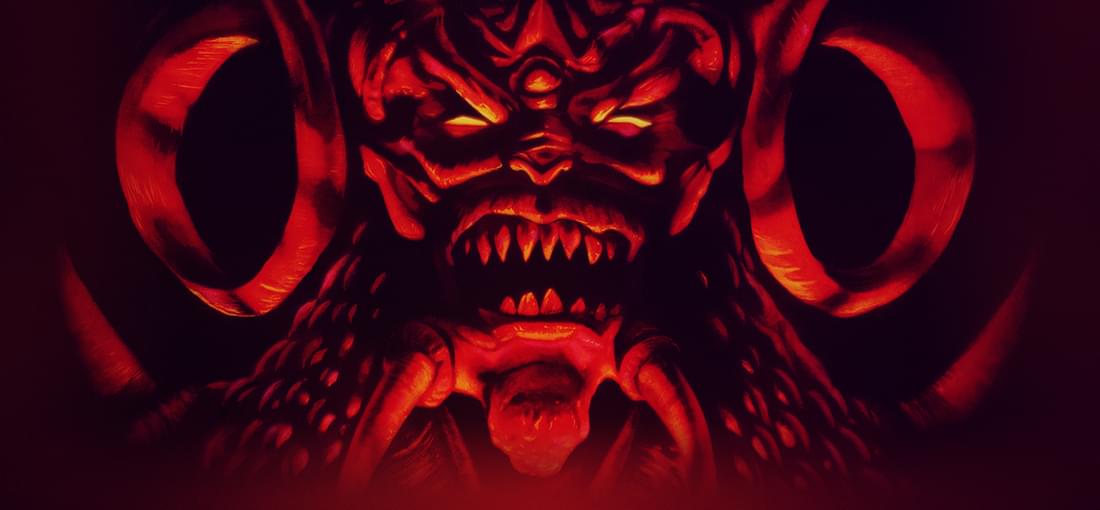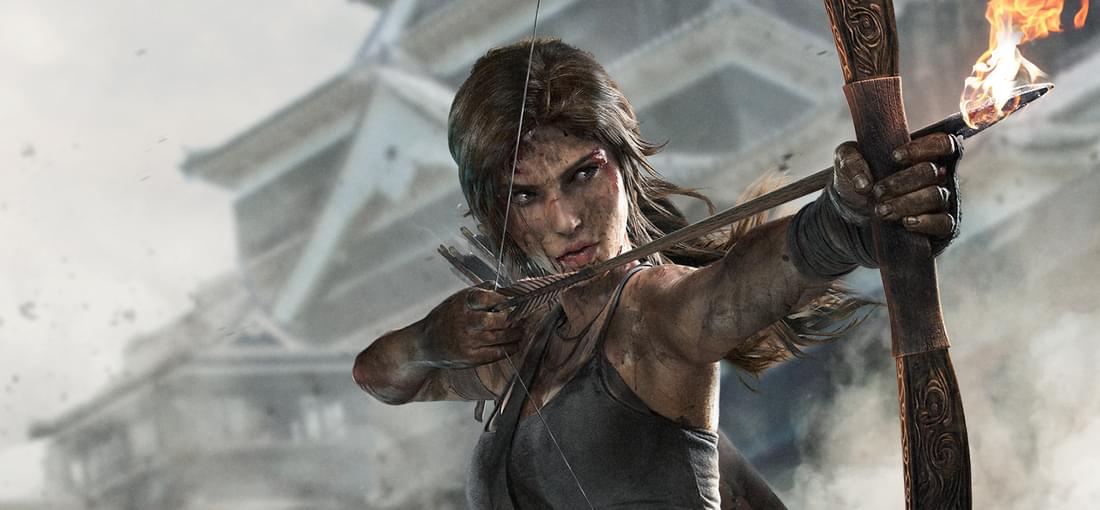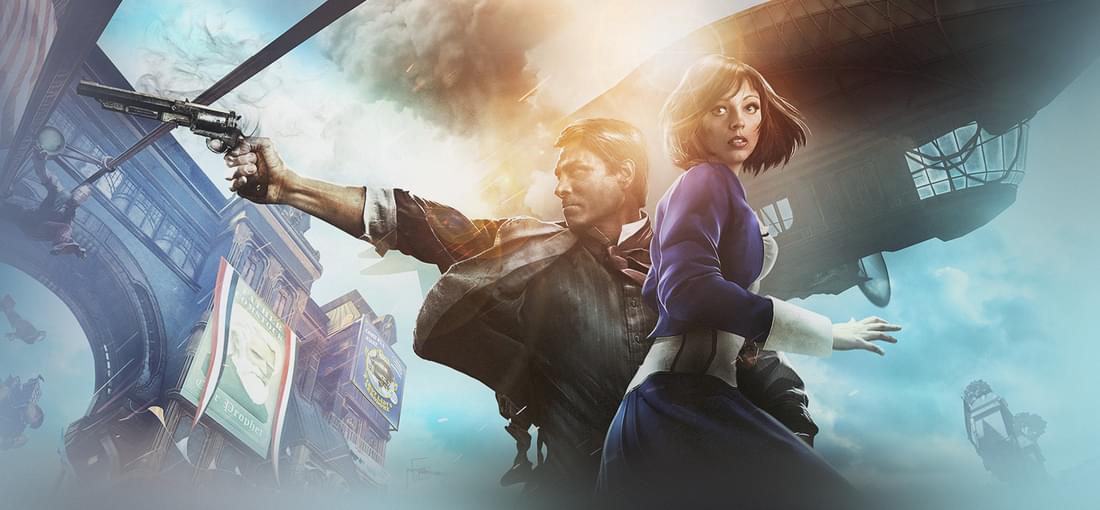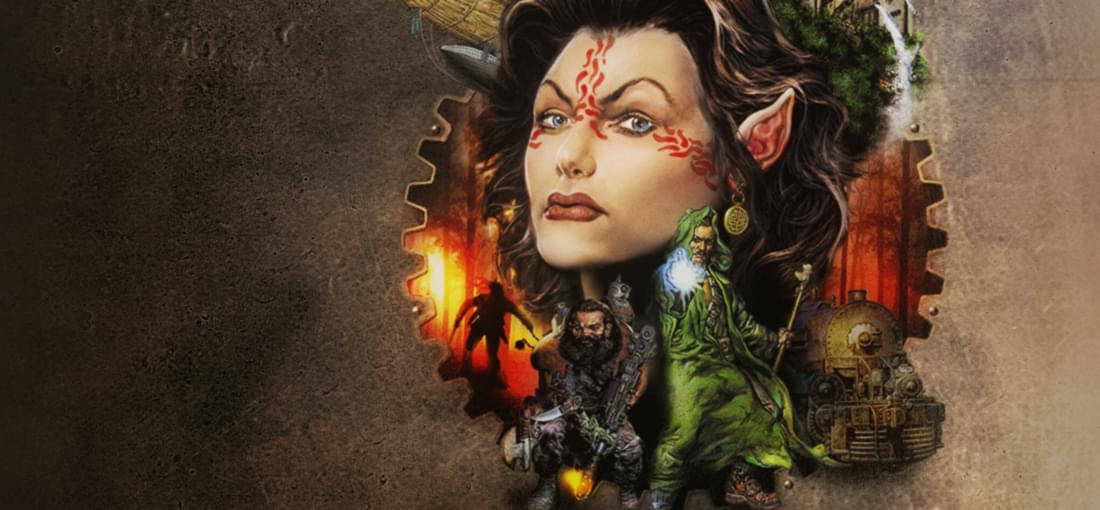


It's always hard to say much about old games, especially the highly influential and innovative ones. Because the standards you have for one genre has probably been set by that specific game. Diablo is that one game that defined the Action RPG genre. From the basic mechanics to the possibilities of storytelling in the style, D1 started it. If you've ever played any action RPG or any hack n slash, then you know what it's like — cause this is the game that started it. Because of its age (released in 1997), don't expect too much though. Skill trees are not that sophisticated, some features and controls need to be manually set up, the story is very basic, and the setting is limited to a town and the 16-level dungeon (with some hidden areas here and there). The best thing about Diablo 1 is its atmosphere. Despite the aged graphics and sound effects, it still manages to immerse you into its demon-infested world. Seriously, this game still managed to creep me out. And part of it is also because of the superb scoring. Each section of the dungeon has its unique feel and the background music complements it so well with its dreadful ambience. And the theme for the town 'Tristram'? Chef's kiss. My biggest disappoint about the game though is the final act (SPOILERS ahead). Diablo (the final boss) is laughably easy. Tje fact that I died more times trying to kill the Butcher than I did with the Dark Lord himself is hilarious. I didn't even have to switch up my usual strategy, which is to lure him away from the mob as far as possible so I can 1v1 him. But that isn't even the biggest let down yet. The moment you kill him, the game immediately goes into its cinematic ending and then ends there. That's it and you're back in the main menu. This feels disappointing cause there's little to no sense of accomplishment. But whatever it lacks, Diablo deserves its reputation as the father of ARPGs for its enjoyable linear gaming experience, memorable atmosphere, and marvelous scoring.

I was never really a fan of the original game back in the 90’s because the controls were atrocious. So, when a friend of mine was raving about this one, I was hesitant to try it out. This 2013 reboot is a great entry-point for those like me who want to give the franchise a chance without having to go through the obsolete game mechanics of the original. Besides that there’s some great third-person shooter gameplay here too. I didn’t expect it to be immersive but I did find myself becoming invested in the events of the story and the environment. Tomb Raider offers some exhilarating platforming that puts me at the edge of my seat with its ziplines, mountain climbing, and river slides among other features. Some light puzzles are thrown in the mix as well. Having said all of these, the treasure hunting (or, tomb raiding) didn’t interest me. As much as I wanted to know what was happening in the story, the game failed to compel me to dig deeper and unearth more about the secrets of the main plot. There were times that I stumbled upon an optional tomb, that I ended up finishing because I unintentionally started it. Furthermore, the weapon upgrades are quite underwhelming, where you can make do most of the time with the necessary enhancements. What I’m trying to say is, the general treasure hunting aspect seeks to offer replayability but it doesn’t do it for me. Tomb Raider offers variety, but only to a certain extent. After that, that’s pretty much it. Still, the game is fun and its plot is interesting enough for you to stick it out to the end.

I wish I can say more but the character limit is going to prevent me from doing so. So here's a summary. Good: - Gorgeous steampunk theme that's realized - Great graphics for its age - A few additional features from the first Bioshock such as Skylines and Elizabeth - Impressive scoring and overall production Bad: - A bit too easy (up until the last level) because the main character is kind of overpowered - Not being able to save anytime felt like a cheap way to create an illusion of difficulty - You can only carry two weapons - Most Vigor didn't seem useful and the equipment were frogettable Ugly: - Terrible ending that ruined a whole story arc - Reckless story on how it discusses genocide, racism, and using the narratives of war criminals Bioshock Infinite gave me the impression that it was all in with its storytelling. It was the main selling point even. It was depicting the many sins of America, showing misrepresentation of minorities that were reinforced by the racists of the past, and bringing up events like the Boxer Rebellion in China and the genocide of Native Americans. Not only that, it had all the big-money funding of a large gaming company to create a feast for the senses with functioning stable game mechanics. But all that led to a game that felt like it exploited complex issues in order to make a backdrop out of it for its cheap magic trick.

First time player and just finished my first run. Arcanum is a masterclass in worldbuilding. Its fleshed-out world allows a compelling conflict between magic and technology. Expect familiar fantasy tropes, but because of its premise, there are aspects that are explored deeply such as race and class in transitioning times. Its strongest suit is the character building. You can choose either of the two routes and experiment with the vast possibilities character creation — and there's so much to tinker around with. You can go down a path of good or evil, or somewhere in between. All of these eventually affect your engagement with the people, the world, and the story. For the music, scoring helps build the immersion and experience of the gameplay, and Arcanum does this very well. Caladon, Tarant, and Dernholm are a delight to visit because of their beautiful BGM, while the eerie and dark ambient music really create the spookiness of caves and dungeons. Voice-acting is another area where Arcanum excels. Many followers and NPC have so much personality because of the excellent VO work. As an open-world RPG, Arcanum is immersive but has its limitations. There are areas that can be explored immediately but a lot have to be marked after completing a quest. Combat is its weakest point and, perhaps, its biggest flaw. It's a major slog even though you can switch from turn-based to real time. This can also easily throw off the game balance, from mind-numbingly easy to impossibly hard. Lastly, though it has a compelling story with its fair share of twists and turns, I can't deny that I was disappointed with the ending (or how it was presented, at least). It's not terrible but I wish it was done better. I had many issues running Arcanum (the Steam version didn't work in my PC and I only got to launch game with GoG). And as mentioned in other reviews, it's not for everyone. Despite its flaws, I thoroughly enjoyed it and, perhaps, even revisit it in the future.